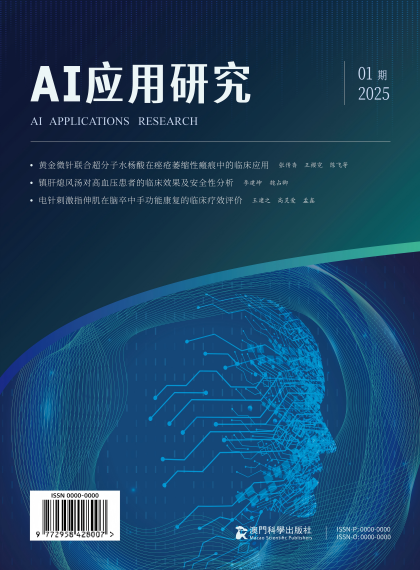摘 要:
深度学习,作为人工智能领域的前沿技术,引起了学术界和产业界的广泛关注。但是,其理论基础和效率的问题尚未得到很好的解决,因此,本文尝试构建深度学习的逼近理论。我们首先阐述了深度学习的基本原理,并重点分析了超参数对深度学习模型学习效果的影响。研究发现,超参数选择在深度学习模型的性能和泛化能力中起到了关键的作用。然而,由于缺乏理论支持,超参数的选择往往依赖于人工经验和实验。为了解决这个问题,我们研究了超参数与模型泛化误差的关系,并提出了一种基于泛化误差最小化的超参数选择方法。我们的理论和实验结果显示,该方法能够有效地提高深度学习模型的性能和泛化能力。这为深度学习的理论研究提供了一个新的角度,也对实际应用有价值的参考意义。
关键词:深度学习;逼近理论;超参数;泛化误差
Abstract:
Deep learning, as a cutting-edge technology in the field of artificial intelligence, has garnered widespread attention from both academia and industry. However, its theoretical foundations and efficiency issues have not yet been fully resolved. Therefore, this paper attempts to construct an approximation theory for deep learning. We first elaborate on the fundamental principles of deep learning and focus on analyzing the impact of hyperparameters on the learning performance of deep learning models. Our research reveals that hyperparameter selection plays a crucial role in the performance and generalization ability of deep learning models. However, due to the lack of theoretical support, hyperparameter selection often relies on human experience and experimental trials. To address this issue, we investigate the relationship between hyperparameters and model generalization error and propose a hyperparameter selection method based on minimizing generalization error. Both our theoretical and experimental results demonstrate that this method can effectively enhance the performance and generalization ability of deep learning models. This provides a new perspective for the theoretical study of deep learning and offers valuable reference significance for practical applications.
Keywords: Deep Learning; Approximation Theory; Hyperparameter; Generalization Error
--
